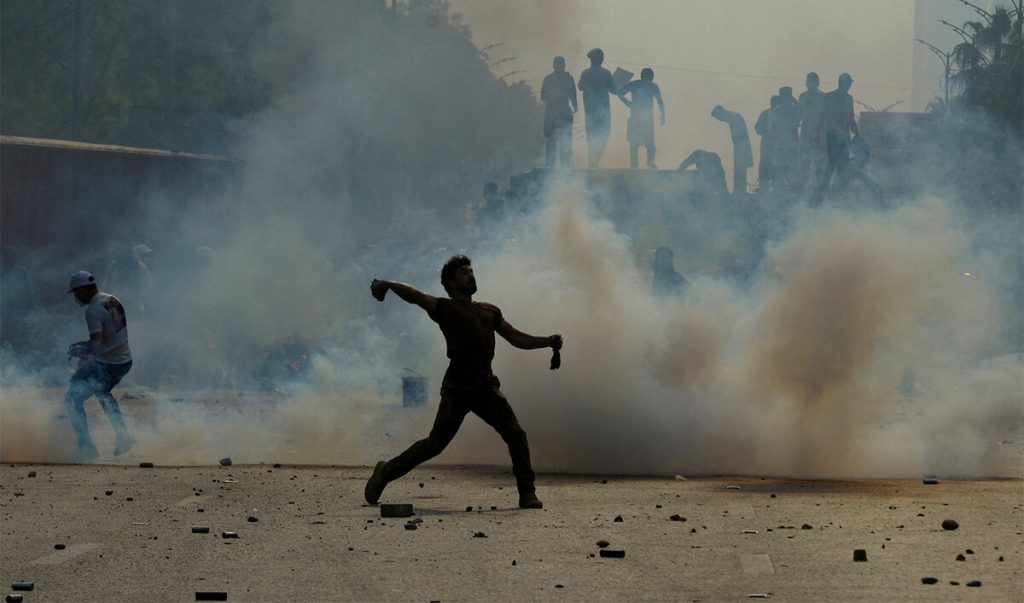The year 2024 turned out to be a turbulent year for Khyber Pakhtunkhwa, marked by political unrest and a lack of governance. While the province remained a focal point for national and international media due to incidents of terrorism and bombings, it also garnered attention for its volatile political landscape. Pakistan Tehreek-e-Insaf (PTI) achieved a historic third consecutive victory in the provincial elections early in the year, an unprecedented feat in the region’s history. However, this victory was not rooted in performance but in the strength of political narratives, a common trend in Pakistan’s political history.
The first session of the provincial assembly was held on February 28, where tensions between the opposition and the government flared immediately and persisted throughout the year. Despite the ongoing political discord, the assembly passed a record 79 resolutions and approved amendments to several laws, including the Police Act, University Act, Ministers’ Privileges Act, and Tourism Property Act. Notable among the new legislations were the Animal Rights Bill, a first in Pakistan’s 76-year history, and the Zoonotic Diseases Bill. Additionally, the assembly passed the Brick Kiln Registration Bill, addressing a long-standing gap in data regarding the number of brick kilns and workers in the province.
However, the PTI government faced significant internal challenges and conflicts. Over a dozen cabinet members were dismissed, including Shakeel Khan from Malakand on corruption charges. Mishal Yousafzai, spokesperson for Bushra Bibi, was twice removed from advisory roles for making statements against party policy. Internal discord reached its peak with a severe clash between Atif Khan and Chief Minister Gandapur, leading to Atif Khan facing anti-corruption hearings in the Malam Jabba scandal.
In terms of governance, the PTI government often criticized the federal government but failed to develop a coherent plan for the province’s development. The party shifted its focus to protests, starting with a rally in Punjab’s Sangjani area in September. Subsequent rallies in Lahore and Swabi highlighted demands for the release of imprisoned party leaders, including Imran Khan. On October 7, Chief Minister Ali Amin Gandapur led a protest march to Islamabad, where he mysteriously disappeared, only to reappear in the assembly the next day with a fiery speech.
Another protest in October turned violent, with attacks and clashes at Khyber Pakhtunkhwa House in Islamabad. The Chief Minister went missing for over 24 hours during the unrest, further fueling opposition accusations of “fixed matches” and questioning the government’s motives. On November 24, Bushra Bibi led a protest march to Islamabad’s D-Chowk, marking her debut on the political stage. However, the march took a deadly turn, with casualties among police, Rangers, and PTI workers. The exact number of casualties remains unknown.
The tragic events at D-Chowk significantly altered the atmosphere in the Khyber Pakhtunkhwa Assembly, with the incident dominating discussions for an entire month. Government members launched fierce criticism against the federal government and establishment, deepening the political crisis. The future of the province remains uncertain as tensions continue to escalate.


